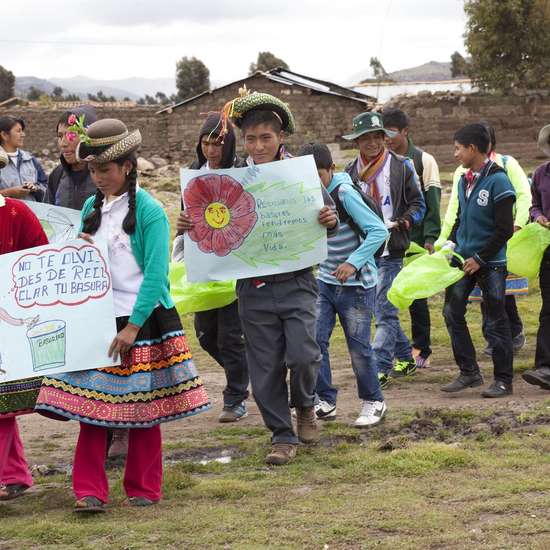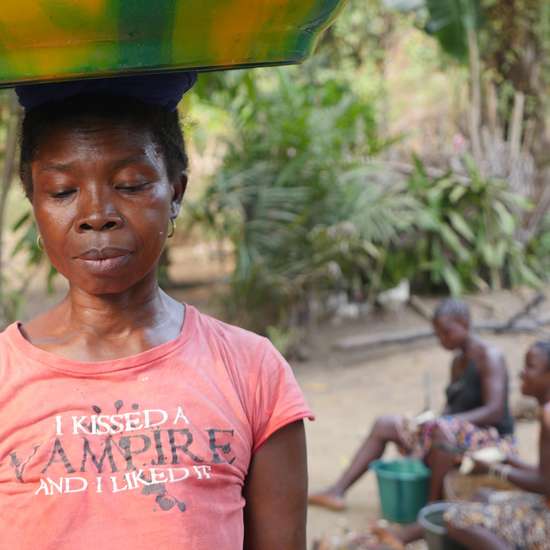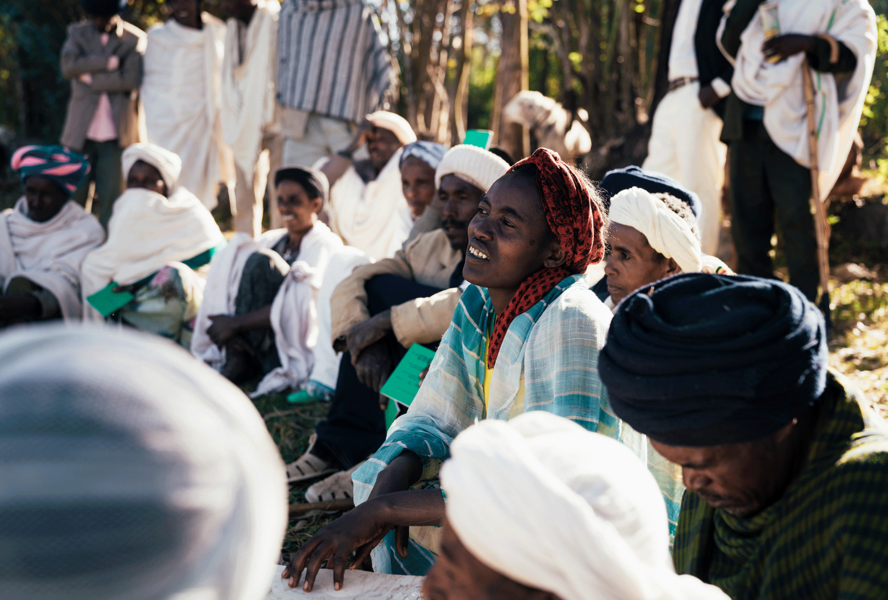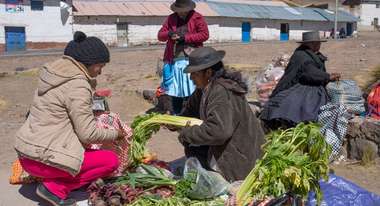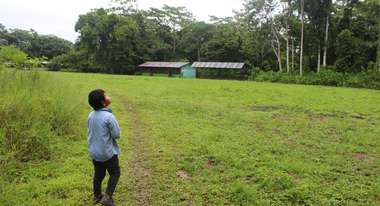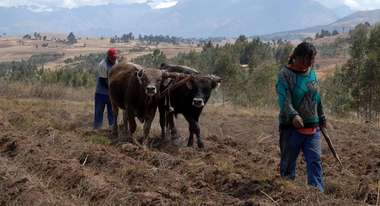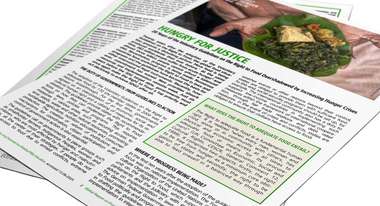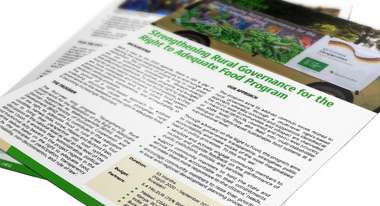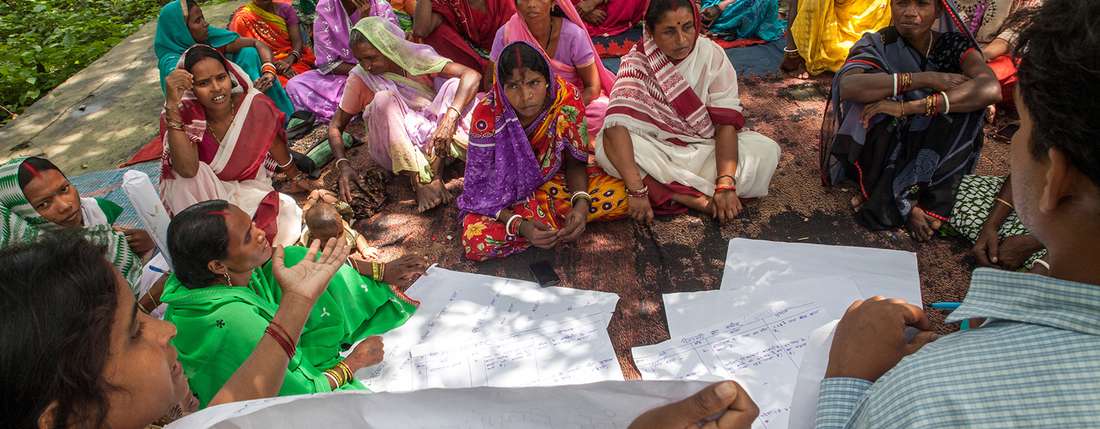
Partnering with Civil Society
The Challenge
Civil society is a core force that drives sociopolitical change by tackling root causes of hunger and poverty. Since its foundation in 1962, Welthungerhilfe (WHH) has cooperated with civil society organizations, recognizing that vibrant and diverse civil societies are central to upholding human rights and reducing poverty from the bottom up. WHH envisions a world where everyone can exercise their right to lead a self-determined life in dignity, justice, and free from hunger and poverty. However, according to the CIVICUS monitor report 2023, only 2% of the global population lives in fully open civic spaces. These freedoms, essential for social change and sustainable development, are under threat. Effective civic participation and cooperation among stakeholders at all levels are crucial. WHH acts as both a promoter and facilitator in this challenging environment, supporting civil societies to contribute to lasting change.
WHH Civil Society Portfolio in 2024
94
Projects with civil society component
30
Countries
60%
Projects implemented with partners
84
National partner organizations
Our Approach
For WHH, partnerships with civil society actors are a key lever to increase the impact of its work toward sustainable development and address structural causes of hunger and poverty: Local civil society actors shape and ensure societal change and development toward achieving food and nutrition security and the right to food sustainably and inclusively.
Because their role is so essential, WHH aims to support and strengthen civil society actors as part of its programming. WHH strengthens civil society actors by applying four main approaches across emergency, rehabilitation, and development contexts: capacity building, inclusive participation, support for advocacy, and joint learning. We prioritize partnerships with various civil society organizations, including community-based groups and local networks, rather than implementing projects ourselves. WHH is a facilitator and enabler, promoting sustainability, local ownership, and impact.
The Core Humanitarian Standard is central to WHH’s work and our collaboration with national civil society partners. We engage in relationships based on trust and build our cooperation on the following principles:
- Participation and empowerment of communities in all we do.
- Equity and non-discrimination to overcome power imbalances.
- We are accountable and support civil society in claiming their rights from duty bearers.
WHH’s Civil Society Strategy Statement
Civil society actors enable change and are crucial players in addressing inequalities and fostering sustainable development. We support these agencies in using and extending their political space and fostering their activities towards basic human rights like food and water. We contribute to civil society empowerment in all countries, taking the different realities and existing opportunities into account.
Systemic Outcomes
WHH implements numerous projects with a significant focus on promoting civil society. These projects receive substantial investments, reaching a wide range of beneficiaries. In 2024, about four million people directly benefited from our initiatives. Additionally, the strengthening of civil society structures indirectly impacted the lives of almost 15 million people. Our projects are designed to be multi-sectoral, often combining civil society activities with interventions in two other sectors. Around 60% of our projects are implemented fully or partially through collaborations with local and national civil society partner organizations. WHH works with 284 national partner organizations on the ground.
